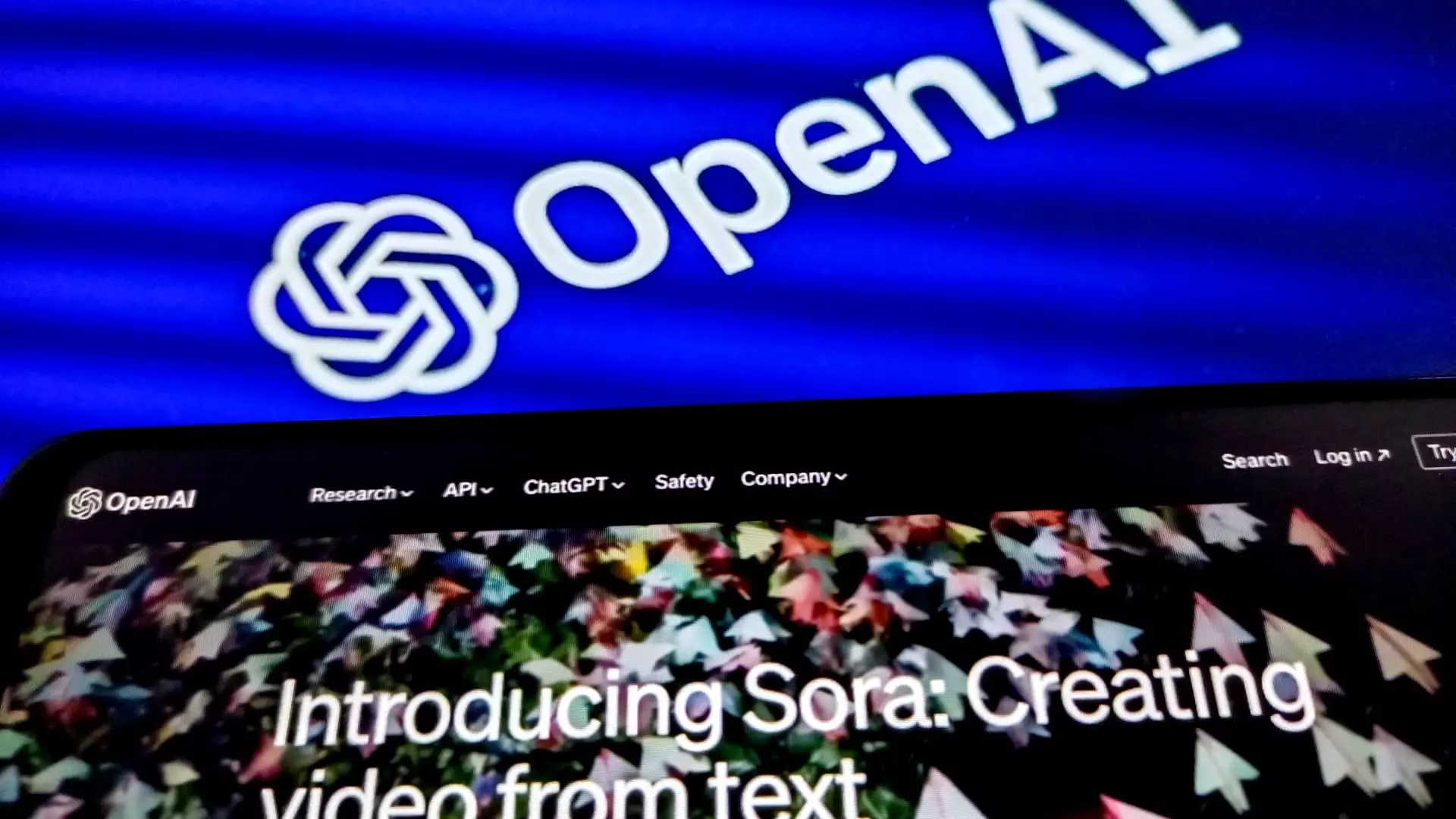The landscape of Silicon Valley, renowned for its innovative drive and technological advancements, is witnessing a significant shift as Middle Eastern sovereign wealth funds (SWFs) emerge as impactful players in the realm of artificial intelligence (AI) investments. Countries such as Saudi Arabia, the United Arab Emirates (UAE), Kuwait, and Qatar are not only seeking to diversify their economies but also leveraging their oil wealth to gain a foothold in a sector poised for explosive growth. In recent years, this phenomenon has gained traction, with funding for AI companies sourced from these regions seeing remarkable growth, particularly in the last year.
Data from PitchBook reveals a staggering fivefold increase in investments by Middle Eastern sovereign funds into AI startups over a one-year period. This surge is emblematic of these nations’ strategic pivots, as they transition from reliance on oil revenues to more sustainable, tech-oriented economic models. The launch of MGX, a dedicated AI fund based out of the UAE, illustrates this commitment; it aims to tap into significant funding rounds of well-established AI firms, including OpenAI. Reports suggest that OpenAI’s latest funding round could value the company at a staggering $150 billion, a figure that underscores the high stakes involved in this capital-intensive sector.
One of the critical advantages that these Middle Eastern sovereign funds hold is their capacity to invest colossal sums that often dwarf the contributions of traditional venture capital firms. As entities representing government wealth, these funds are buoyed by rising energy prices, allowing them to write checks in the multibillion-dollar range with relative ease. With projections estimating the total wealth of Gulf Cooperation Council (GCC) countries to reach $3.5 trillion by 2026, their financial influence is set to grow even further. The Saudi Public Investment Fund (PIF), for example, has aggressively pursued investments under the “Vision 2030” initiative, amassing over $925 billion.
The investment strategies of these sovereign funds often intersect with global tech trends, positioning them as significant players in shaping the future of AI. The PIF and other funds have recently initiated partnerships with reputable names such as Andreessen Horowitz and launched dedicated AI ventures like the Saudi Company for Artificial Intelligence (SCAI) to bolster their influence. The UAE’s Mubadala Investment Company has also been particularly active, having engaged in multiple AI deals and recently aligning with prominent players like BlackRock and Microsoft to develop AI infrastructure valued at $100 billion.
Despite the financial clout these funds wield, potential partnerships often encounter geopolitical complexities. Notable is the Saudi PIF’s reputation, which is marred by controversies surrounding the kingdom’s human rights record. Incidents like the tragic murder of journalist Jamal Khashoggi have led to hesitance among some Western companies and startups to engage with Saudi-backed funding, showcasing the delicate balance between economic interests and ethical considerations. This backdrop highlights the duality of opportunity versus risk as Silicon Valley navigates investments from areas where political climates may pose challenges.
Interestingly, the Middle Eastern investors are not alone in this trend. Other nations, such as France and Singapore, have actively invested in AI, with notable funding activity from Bpifrance and Temasek. However, it is evident that the sheer volume of capital from Middle Eastern sources raises questions within the tech investment ecosystem. The concern over a “SoftBank effect” persists, recalling the dramatic rise and fall associated with the Vision Fund’s approach to aggressive funding strategies that resulted in astronomical valuations for companies that ultimately faltered.
As the United States shifts towards favoring investment from allied nations over adversaries like China, the influx of capital from Middle Eastern sovereign wealth funds could reshape the dynamics of Silicon Valley and beyond. Jared Cohen of the Goldman Sachs Global Institute asserts that there is a noticeable imbalance in the capital flow from these oil-rich nations. As these investments continue to unfold, the potential for innovation, growth, and even controversy will remain at the forefront of discussions on the intersection of finance, technology, and geopolitics in shaping the future of AI.
The rise of Middle Eastern sovereign wealth funds in Silicon Valley’s AI sector signifies more than just a financial trend. It encapsulates a broader narrative of diversification, ambition, and the challenges that come with such colossal shifts in investment strategies. The next few years will be critical in determining whether this collaboration can lead to meaningful advancements in technology while navigating the intricate landscape of global politics.

